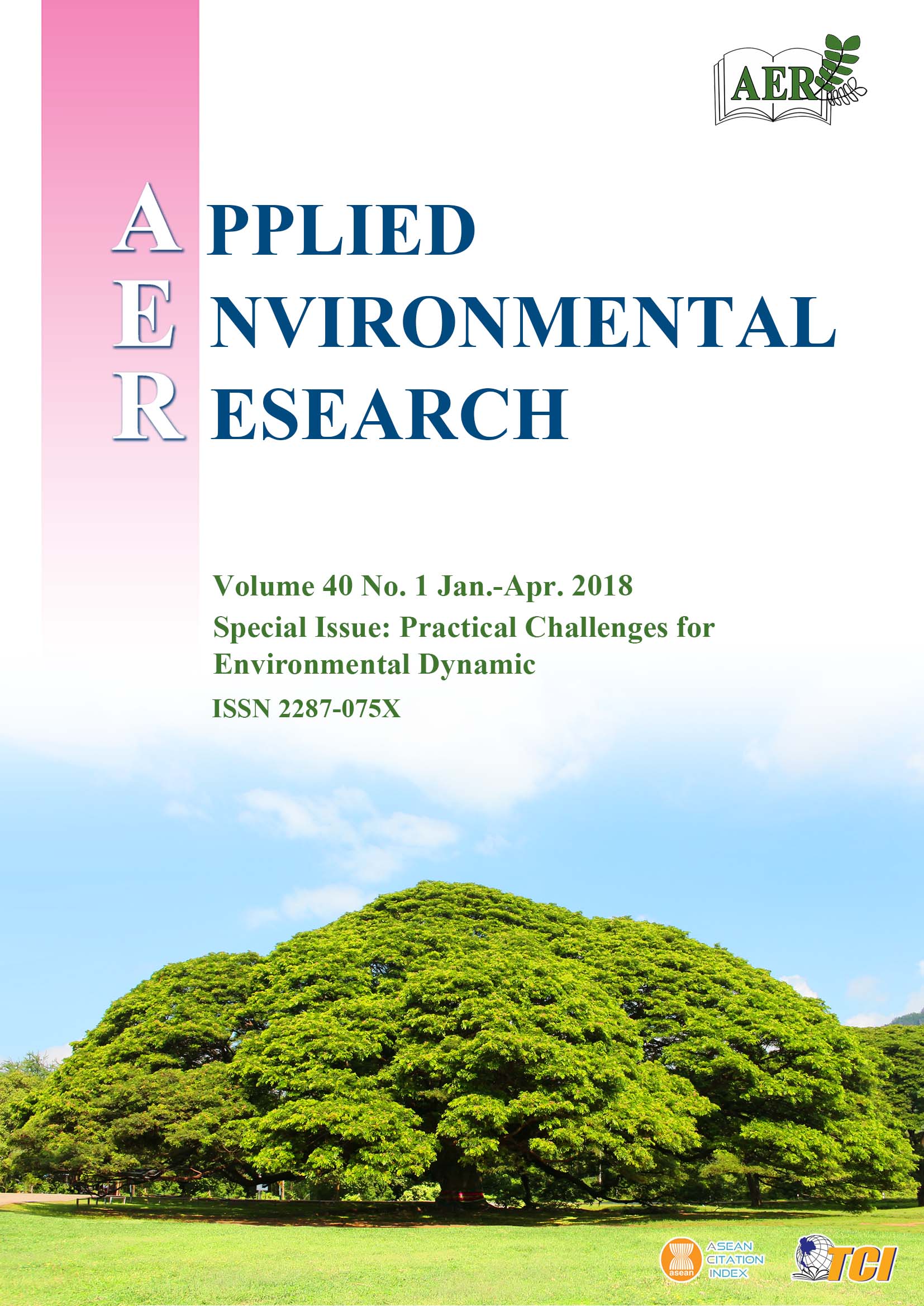Assessment of the Sustainability of Accra Metropolitan Area, Ghana
Main Article Content
Abstract
Cities have become integral in the quest to achieving universal sustainable development. For example, the United Nations in 2015 as part of the 17 Sustainable Development Goals called for cities and human settlements to be inclusive, safe, resilient and sustainable (Goal 11). This was in line with the 2012 National Urban Policy of Ghana which seeks to promote a sustainable, spatially integrated and orderly development of urban settlements with adequate housing, infrastructure and services, efficient institutions, and a sound living and working environment for all people to support the rapid socioeconomic development of Ghana. Six years into the implementation of the National Urban Policy by the government, what is the sustainability status of the Ghanaian city? The aim of this study was to comprehensively evaluate the sustainability status of Accra Metropolitan Area, the capital city of Ghana. The study adopted a set of city sustainability indicators that revealed the weak and strong points of Accra metropolis. Forty-one Accra Sustainability Indicators were defined and classified into Economic, Environment, Social and Institutional (local governance) dimensions. The evaluation was for a period of 4 years, (2012 to 2015) during which the 2012 Urban Policy and its action plan were being implemented. Questionnaires were developed based on the indicators and administered to stakeholders. The quantitative data collected was analyzed using Statistical Package for Social Sciences (SPSS) and Microsoft Excel. The results showed Accra’s economic dimension approaching sustainability while environmental and institutional dimensions performed poorly. The social dimension, though performed below average, rose marginally over the period. Overall sustainability index of Accra was below average and showed a progression towards sustainability over the last 4 years, rising from 0.48 in 2012 to 0.51 in 2015. The findings of this study are helpful to local authorities for sustainable city planning and management.
Article Details

This work is licensed under a Creative Commons Attribution-NonCommercial 4.0 International License.
Published articles are under the copyright of the Applied Environmental Research effective when the article is accepted for publication thus granting Applied Environmental Research all rights for the work so that both parties may be protected from the consequences of unauthorized use. Partially or totally publication of an article elsewhere is possible only after the consent from the editors.

